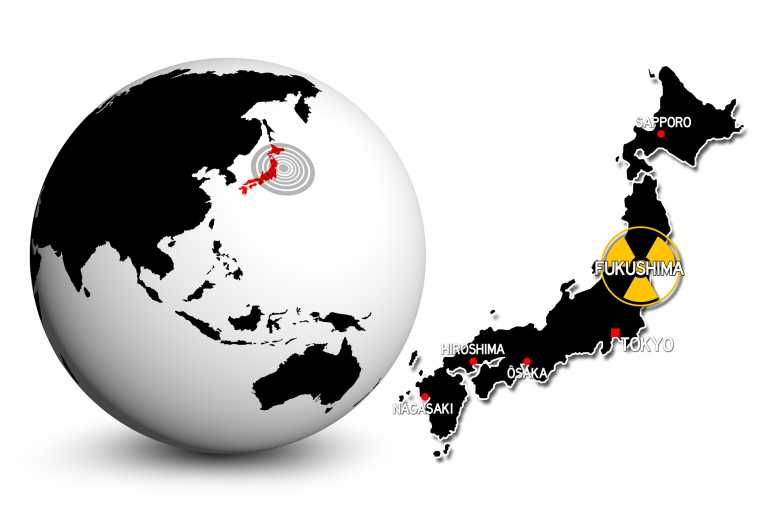The depressing news has emerged today that the workers who have been fighting to bring the Japan's stricken Fukushima nuclear reactors under control for the past three weeks, now fully expect to die.
One 32-year-old member of the group, who have come to be known as the Fukushima 50, telephoned his mother and told her that he and his colleagues had discussed the situation at great length and had committed themselves to die if necessary in order to save the nation.
The worker told his mother that it is impossible for them not to have been exposed to lethal doses of radiation. They have all accepted that they will probably die from radiation sickness in the short term, or from cancer in the long term. They have concluded amongst themselves that some will inevitably die within months, if not weeks.
Although the conversation has been widely reported, it had to be anonymous because workers have been ordered not to communicate with the outside world for fear of creating panic.
In the meantime these men are living in conditions that only be described as intolerable. They are sleeping on the floor of a 35-yard square office within an earthquake resistant emergency building just 300 yards from the leaking reactor. Due to the extremely high levels of radiation outside the building they have spread sheets of lead on the floor and they sleep huddled under a single blanket.
Since there is great concern about contamination of the air, the room cannot be ventilated and they must wear masks at all times, even indoors. While at work they breathe through respirators and wear white suits, but neither is proof against some elements of radiation.
Getting supplies to the workers is a very hit and miss affair. It is considered to be too dangerous to bring in supplies by helicopter because of the high levels of radiation and few drivers are prepared to take the risk of bringing in supplies by road.
Each man in the plant is allowed 1.5 litres of water per day, which results in their using alcohol for hand washing. Bathing is out of the question and changes of clothing are rare.
The men are engaged on two main tasks. One is to try to prevent the water from leaking out and escaping into the sea after it is blasted into the plant to cool the damaged reactors. Another group is struggling to repair damaged machinery and reconnect electric power so that the cooling system can be restarted and a total meltdown avoided.
The men can only work for an hour at a time, chiefly to avoid over-exposure to radiation. Stress levels among them is very high and it is universally accepted that a combination of high stress, lack of sleep and not enough food are a perfect recipe for an increase in the likelihood of mistakes.
With so much at stake, not only for Japan but also for the rest of the world, mistakes at this time are the last thing that anyone wants or needs.
Fukushima nuclear plant damage - Two Flyovers shot in high definition via YouTube.










